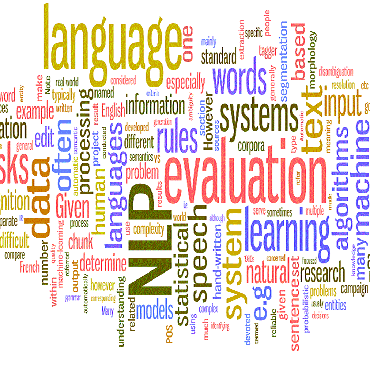With the multiplication of social media platforms, which offer anonymity, easy access and online community formation, and online debate, the issue of hate speech detection and tracking becomes a growing challenge to society, individual, policy-makers and researchers. Despite efforts for leveraging automatic techniques for automatic detection and monitoring, their performances are still far from satisfactory, which constantly calls for future research on the issue. This paper provides a systematic review of literature in this field, with a focus on natural language processing and deep learning technologies, highlighting the terminology, processing pipeline, core methods employed, with a focal point on deep learning architecture. From a methodological perspective, we adopt PRISMA guideline of systematic review of the last 10 years literature from ACM Digital Library and Google Scholar. In the sequel, existing surveys, limitations, and future research directions are extensively discussed.
翻译:社交媒体平台繁多,提供匿名、方便访问和在线社区形成以及在线辩论,随着社交媒体平台的倍增,仇恨言论的发现和跟踪问题日益成为社会、个人、决策者和研究人员面临的一个挑战。尽管努力利用自动技术进行自动检测和监测,但其表现仍然远远不能令人满意,这不断要求今后对这一问题进行研究。本文件对这一领域的文献进行系统审查,重点是自然语言处理和深层学习技术,突出术语、处理管道、所采用的核心方法以及深层学习结构的协调中心。从方法的角度来看,我们采用了PRISMA准则,系统审查ACM数字图书馆和谷歌学者过去十年的文献。此后,我们广泛讨论了现有调查、局限性和未来研究方向。





